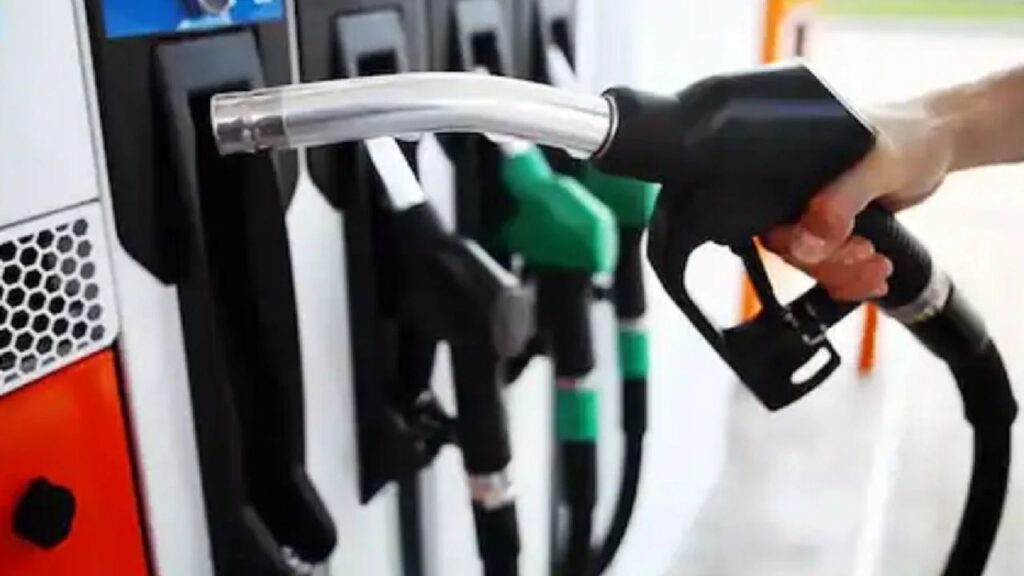 English
English

Will the OPEC+ decision to raise crude output by 1.37 million barrels per day finally ease petrol prices in India? Here’s what the latest global oil policy shift means for consumers and the economy.

OPEC+ will raise oil output from November by 137,000 bpd
New Delhi: The Organization of the Petroleum Exporting Countries (OPEC) has announced plans to increase crude oil production by 1.37 million barrels per day (bpd) starting November. The alliance including OPEC members, Russia, and other partner nations has now raised its overall output target for the year by more than 2.6 million bpd, representing roughly 2.5% of global oil demand.
The decision marks a major policy shift after years of production cuts, aimed at reclaiming market share from rivals such as U.S. shale oil producers. Sources familiar with the development revealed that a preliminary agreement on the production increase was reached ahead of OPEC+’s online meeting scheduled for later this month.
Supreme Court rejects demand for Ethanol-Free Petrol option; E20 sales to continue
Reports indicate that there were divergent views between Russia and Saudi Arabia before the meeting. Russia suggested maintaining production at October levels, citing concerns about oil prices and the impact of international sanctions due to the Ukraine conflict. In contrast, Saudi Arabia advocated for a larger increase, proposing rises of 2.74 million, 4.11 million, or even 5.48 million bpd to strengthen revenue and global market share.
Previously, OPEC+ production cuts had peaked at 5.85 million bpd in March, implemented in three phases. The ongoing adjustments signal a gradual easing of cuts and a return to higher output levels.

OPEC+ production boost may ease fuel prices in India
India, being heavily reliant on oil imports, stands to gain from the additional supply in the international market. Increased production could stabilize global oil prices, potentially resulting in a drop in domestic petrol and diesel prices.
Lower fuel prices would help reduce transportation costs, control inflation, and ease the burden on consumers. A decrease in oil import bills could strengthen the rupee, improve foreign exchange reserves, and free up government funds for social and infrastructure projects.
Petrol price touches new high, breaches Rs 107/L mark in Mumbai
Industries such as transport, manufacturing, and airlines could see lower production costs and higher profits, while FMCG companies may benefit from reduced logistics expenses.
While this development is positive, strategic differences among OPEC+ members or international political tensions could trigger future production adjustments, potentially affecting global oil prices.
For now, the November supply hike presents a temporary opportunity for India to enjoy lower fuel costs, improved economic stability, and relief for consumers and businesses alike.
No related posts found.